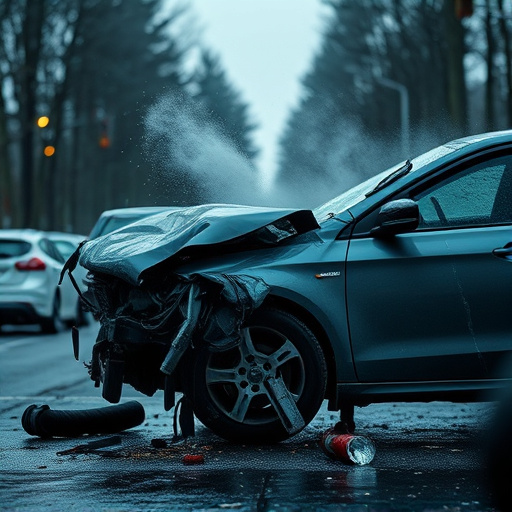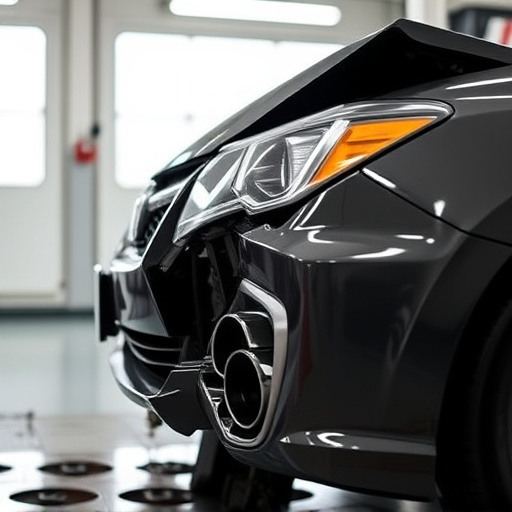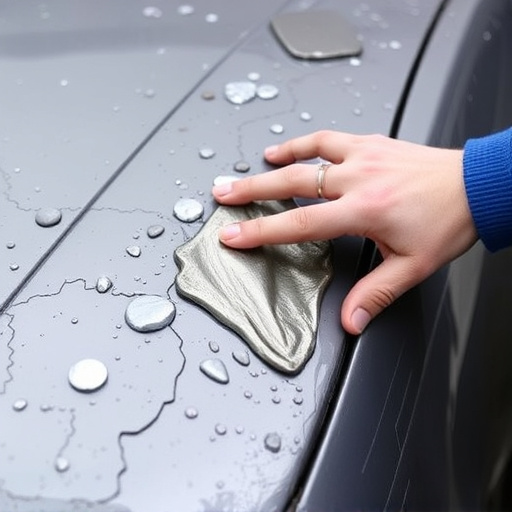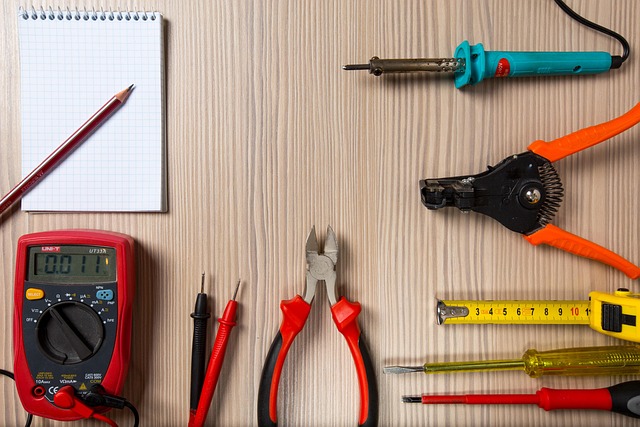Electrical system crash repair is a crucial aspect of modern vehicle restoration and safety improvement. After accidents, skilled technicians diagnose and fix complex electrical networks using advanced tools, preserving structural integrity and functionality. Ethical practices, like paintless dent repair, ensure precision, safety, and longevity of vehicles' critical systems, contributing to environmental sustainability and road safety. The growing demand drives industry standards higher, fostering continuous innovation in collision repair techniques.
Electrical system crash repair is a critical component of ethical auto restoration, ensuring safety and quality. This specialized field involves meticulously reconstructing vehicle electrical systems after accidents, preserving functionality and preventing unnecessary replacements. By understanding the fundamentals of electrical system crash repair, we highlight the broader role it plays in promoting ethical practices within the industry. This article delves into these key areas, exploring the benefits and impact on both industry standards and safety.
- Understanding Electrical System Crash Repair Fundamentals
- The Role of Ethical Practices in Auto Restoration
- Benefits and Impact on Industry Standards and Safety
Understanding Electrical System Crash Repair Fundamentals

Electrical system crash repair is a critical component of modern vehicle restoration and safety enhancement. When an automobile undergoes a collision or accident, the intricate network of electrical systems within can be significantly affected, leading to potential malfunctions or even life-threatening situations. Understanding these fundamentals involves grasping how various components interact—from the battery that powers the entire system to advanced control modules that regulate everything from engine performance to airbag deployment.
Proficient automotive collision repair professionals are well-versed in diagnosing and repairing these electrical systems, often employing cutting-edge tools and techniques. This expertise is crucial, especially with today’s increasingly complex vehicles, where a simple dent or scratch could impact sensitive electronic controls. Moreover, the integration of advanced technologies like paintless dent repair and modern diagnostic equipment ensures that both the structural integrity and original functionality of the vehicle are preserved, aligning with ethical repair practices.
The Role of Ethical Practices in Auto Restoration
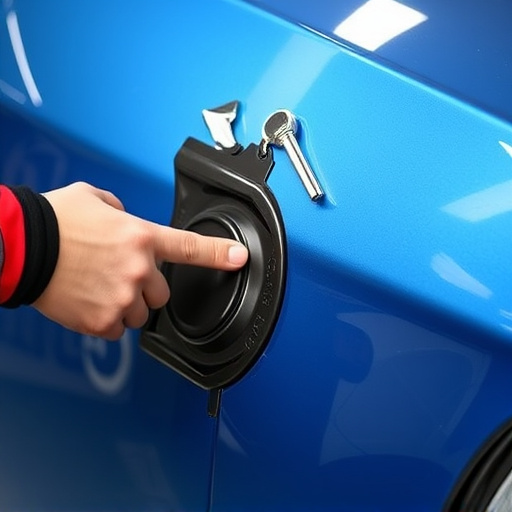
In the realm of auto restoration, ethical practices play a pivotal role in ensuring that vehicle repair services are conducted with integrity and responsibility. When a car suffers damage, particularly from a crash, every aspect of the repair process must be approached with care to uphold ethical standards. This includes not just the visible auto body repairs but also the intricate workings of the electrical system crash repair.
Electrical system crash repair is more than just fixing wires; it’s about preserving the safety and functionality of modern vehicles. Ethical practices in this domain demand that technicians navigate the complex labyrinth of car bodywork services with precision, ensuring that every component, from sensors to control units, is restored to its optimal state. This meticulous approach not only guarantees the performance and reliability of the vehicle but also contributes to a greener landscape by extending the life of these critical systems, thus reducing the need for constant replacement or upgrade in vehicle repair services.
Benefits and Impact on Industry Standards and Safety
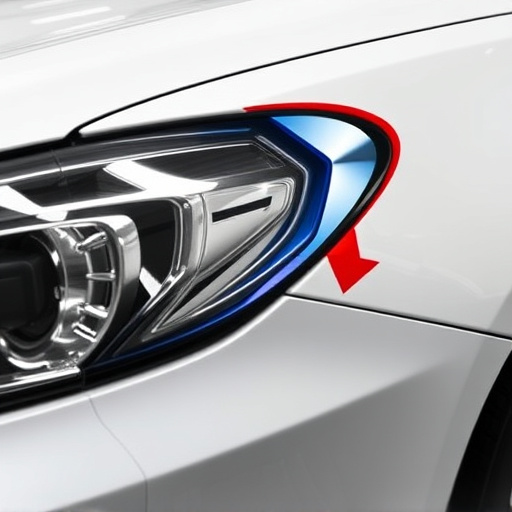
Electrical system crash repair plays a pivotal role in shaping ethical repair practices within the automotive industry. By focusing on the intricate components that power modern vehicles, this specialized field ensures that auto maintenance and car collision repair are conducted with precision and integrity. The benefits extend far beyond individual vehicle restoration; they significantly impact industry standards and safety across the board, including luxury vehicle repair.
This meticulous process involves repairing or replacing damaged electrical systems, ensuring that vehicles function optimally post-crash. It promotes a culture of responsible auto maintenance by adhering to strict safety protocols and utilizing high-quality parts. The impact is twofold: it enhances overall vehicle reliability and reduces the risk of future failures, thereby contributing to road safety. Moreover, the demand for skilled technicians in electrical system crash repair drives industry standards higher, fostering continuous improvement in car collision repair techniques and technologies.
Electrical system crash repair is not just a technical skill but a cornerstone of ethical auto restoration. By understanding and adopting best practices, industry professionals can ensure safety, enhance standards, and contribute to a greener future. This holistic approach to repair benefits both consumers and the environment, making it an essential practice in today’s automotive landscape.
